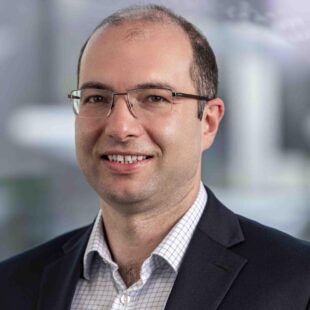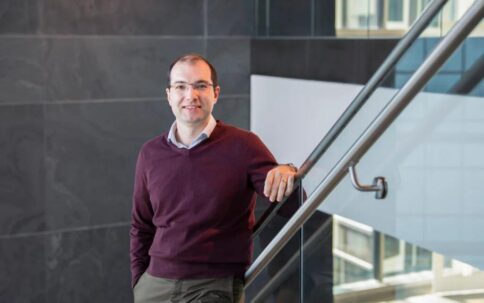Cengiz Pehlevan
Kempner Associate Faculty
Assistant Professor of Applied Mathematics

Contact Information
Areas I Research:
About
Cengiz Pehlevan is an associate faculty member at the Kempner Institute and an assistant professor of applied mathematics at Harvard University. Dr. Pehlevan studies how networks of neurons compute and learn in both natural and artificial contexts. Pehlevan has been awarded the prestigious NSF CAREER Award for his project entitled “Developing Neural Network Theory for Uncovering How the Brain Learns,” derived from the National Science Foundation’s (NSF) CAREER Program, aimed at supporting early-career faculty who show exceptional promise as researchers and academic role models. Prior to joining the Harvard University faculty, Dr. Pehlevan was a research scientist at the Flatiron Institute’s Center for Computational Biology (CCB). Previously, he was a postdoctoral associate at Janelia Research Campus, and before that, a Swartz Fellow at Harvard. Dr. Pehlevan is a recipient of the 2023 Alfred P. Sloan Research Fellowship in Neuroscience. He received a doctorate in physics from Brown University and undergraduate degrees in physics and electrical engineering from Bogazici University.
Research Focus
Dr. Pehlevan’s current research focuses on theoretical neuroscience, machine learning, and neural computation. Using applied mathematics, Dr. Pehlevan develops testable hypotheses about how neural networks function and then applies those frameworks to better understand brain data. His theoretical work aims to bridge the gap between machine learning that analyzes large sets of data to identify patterns in brain activity and connectivity with a lack of clear understanding around why such patterns exist, or what they tell us about how the brain learns. This allows for greater understanding about how data are represented in the brain, how synaptic plasticity allows the brain to learn, and why artificial neural networks still outperform current neural network models of the brain in certain tasks.





